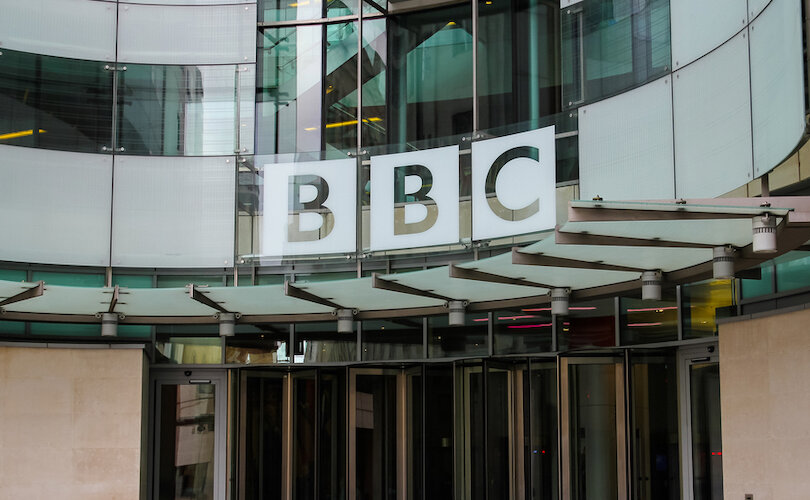(LifeSiteNews) — The conversation surrounding transgenderism is changing, slowly but perceptibly. Following the NHS’s decision to no longer prescribe puberty blockers to children outside of clinical trials, France’s upper house – the senate – is also recommending that laws ban puberty blockers and transgender surgeries for minors. J.K. Rowling posted the news with a quote from Walter Lord’s book A Night to Remember: “And so it went. No bells or sirens. No general alarm. But all over the Titanic, in one way or another, the word was passed.”
The word has even finally reached Canada, with premiers across the country moving to protect parents and children – although the prime minister, surrounded by a phalanx of squawking LGBT activists, appears to have missed the news thus far, and recent poll numbers probably make him allergic to Titanic analogies at the moment, anyhow. Elements of transgender ideology that have been accepted as absolute fact by the press, which rigorously enforced the boundaries of discussion to the extent that they could, have now been proven definitively false.
Just a few years ago, it was dubbed “disinformation” or “far-right bigotry” or “transphobia” to note that puberty blockers and other so-called transgender “treatments” caused irreversible damage. Then, the New York Times started publishing coverage detailing truths they would once have dubbed “transphobic.” So what is “transphobic” now? Is the Times “transphobic”? How about the UK National Health Service? These are questions that those who refuse to admit that the Titanic is sinking will not answer. They are dressed in their best, and prepared to go down like “transwomen.”
But this exclusive, from Deadline, highlights the fact that even the press is starting to recognize that their role as enforcers of transgender ideology has badly damaged their credibility. In a nine-page briefing to staff late in 2023, the BBC has begun the slow process of turning the ship:
BBC presenters have been told to challenge guests who accuse others of transphobia after the broadcaster admitted that news items on J.K. Rowling fell short of its editorial standards. In an internal briefing note, BBC journalists and production teams were advised that “care is needed” when people are labeled “transphobic” and the term should be interrogated during on-air debate… The guidance follows the BBC apologizing to Rowling twice last year. The Harry Potter author was accused of transphobia by [transgender activists], but the claim was not properly challenged by presenters, including Radio 4’s Evan Davis.
The briefing note was issued to help journalists navigate what BBC director general Tim Davie described this week as an “area of controversy.” He told lawmakers that the BBC’s detractors were attempting to whip up a “deeply damaging” narrative around the corporation’s output on gender issues.
This is an enormous admission for a corporation that still obediently refers to trans-identifying male rapists by female pronouns. (Is it “transphobic” or “misgendering” to correctly identify these male predators? Perhaps the BBC can tell us! This story is developing…) The briefing document noted that:
Debates, legislation and policies relating to transgender issues have been increasingly in the spotlight in recent years. Some of the issues are contested, with strongly held and sometimes incompatible views and no settled consensus. Individuals often feel they have a big personal stake in how these issues are reported. This can make it a challenging area for BBC journalism. We need to consider the framing of stories, the language we use, the tone of coverage, the context we provide and the labels we apply to the views of contributors. For example, describing someone as either a women’s rights activist or an anti-trans activist is an editorial choice.
We may also need to challenge claims or assumptions by contributors. Care is needed, for example with use of the term ‘transphobic’ to describe people who would not themselves accept that label.
This is a baby step, but a serious step, nonetheless. The BBC may be the largest media organization to date to admit that there is “no settled consensus” on transgender issues – something that LGBT activists and their media enablers have been vociferously denying for years. In fact, claiming that the “science is settled” and that “experts agree” etc. was a primary source of the movement’s power. It was always a lie, but it was a lie obediently repeated by the press, over and over again.
The transgender movement is losing the public debate. They are losing on puberty blockers. The press is starting to consider abandoning them in order to save its own badly damaged credibility. And that, I suspect, is just the tip of the iceberg.





